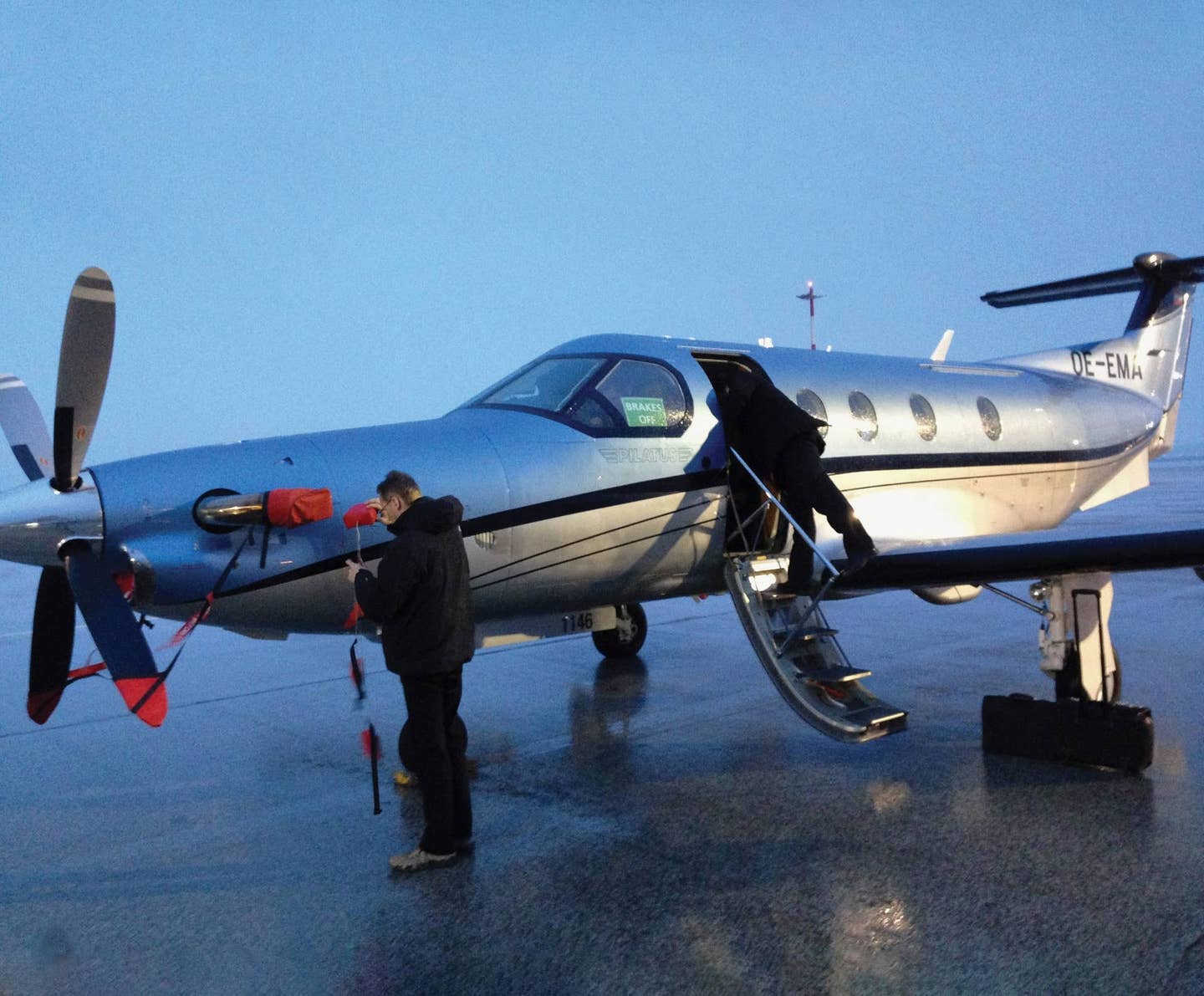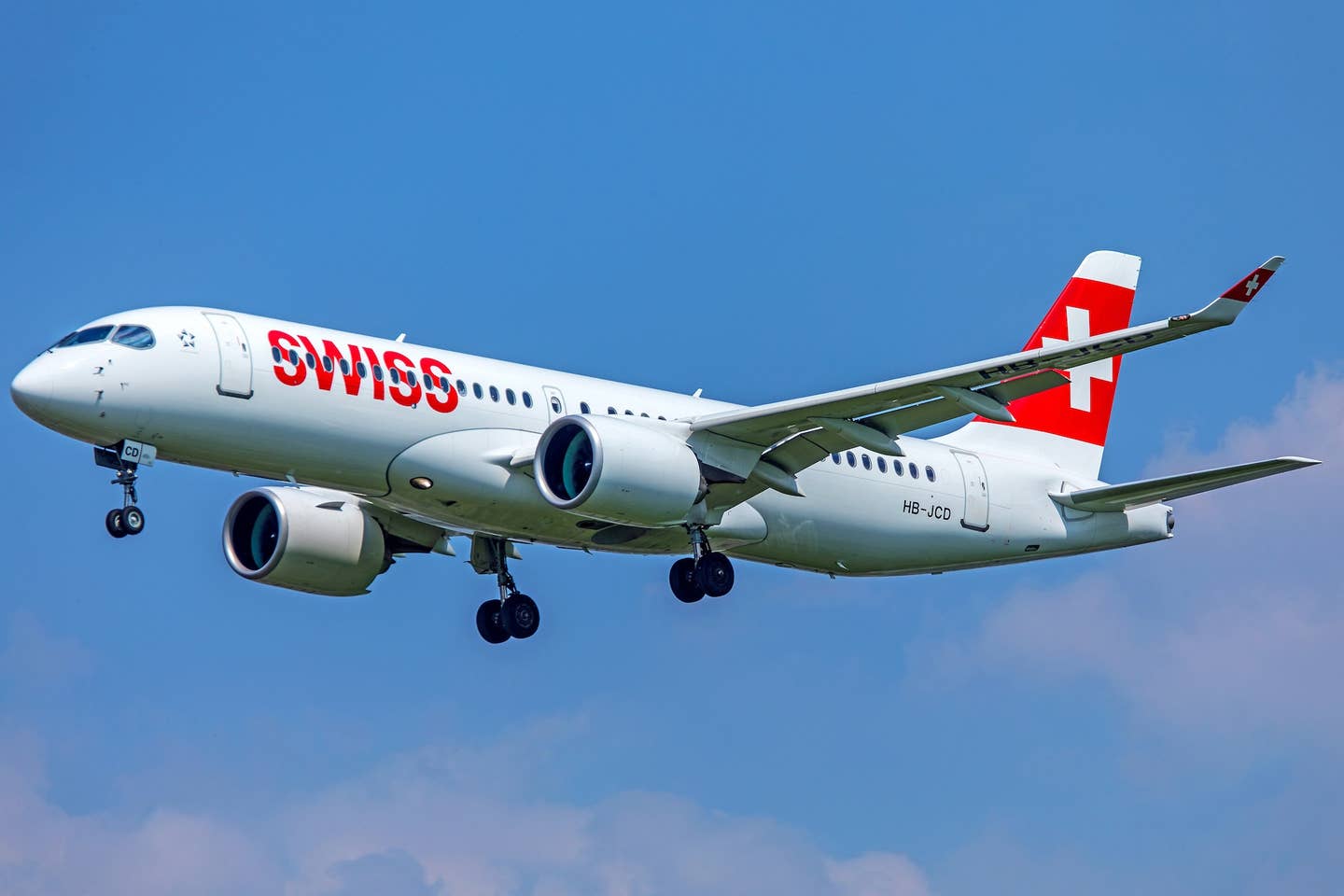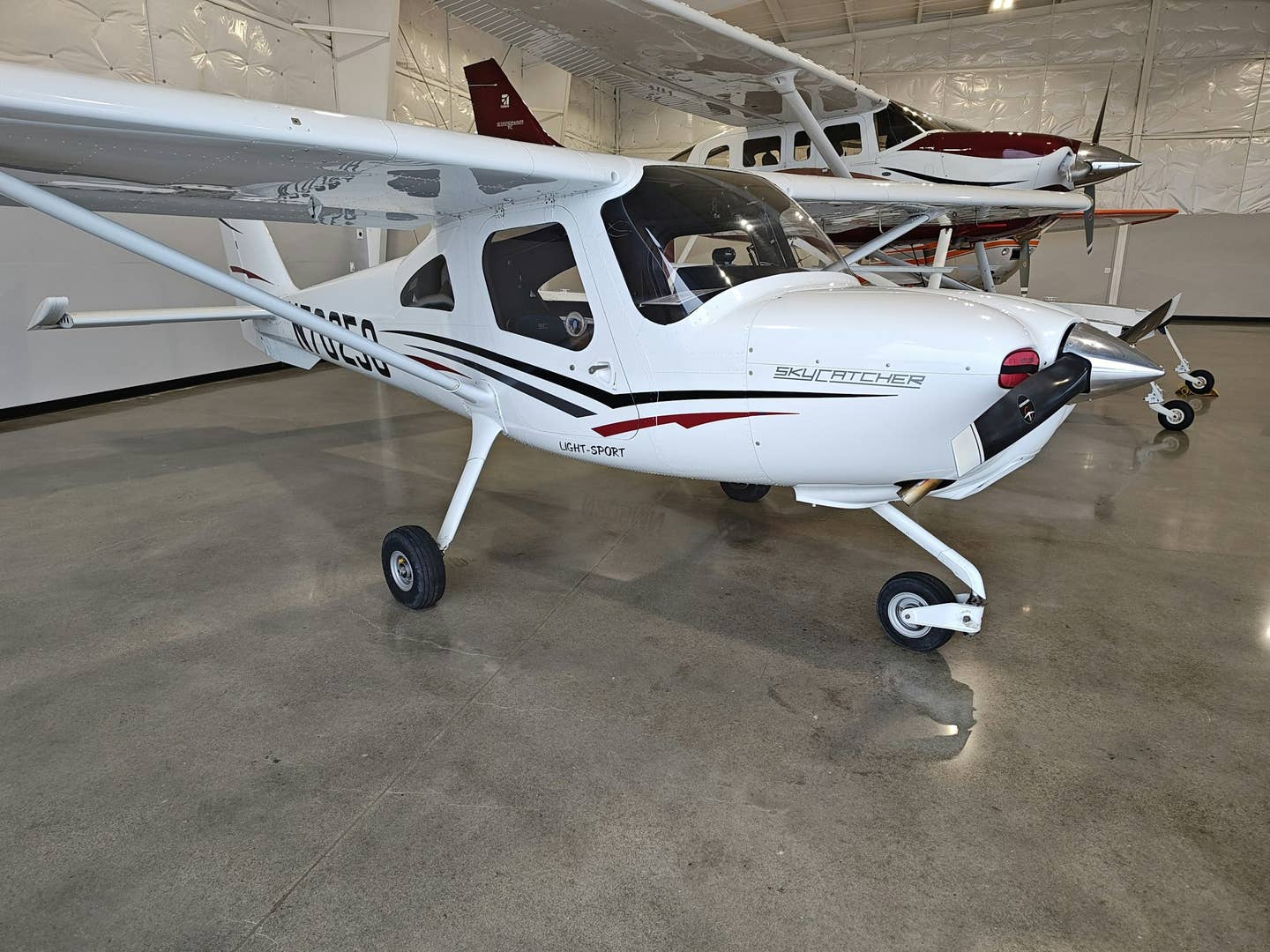
Super Tucano
Embraer has won a hotly contested contract to build counterinsurgency aircraft in its first deal with the U.S. Air Force, marking a major victory for the Brazilian company and an important milestone in relations between the two countries. The contract award has also touched off a fierce PR and legal offensive by the losing bidder, Hawker Beechcraft, which has filed a lawsuit in federal court aimed at blocking the decision.
At the heart of the matter is Embraer’s successful win over Hawker Beechcraft of a contract potentially worth nearly $1 billion under which Embraer will provide the Air Force with Super Tucano light attack aircraft and support services for missions mainly in Afghanistan.
Hawker Beechcraft filed suit with the Court of Federal Claims following notification that the Government Accountability Office (GAO) declined to review its protest of an Air Force decision to exclude the Beechcraft AT-6 from the Light Air Support (LAS) competition. The company says it was given “no concrete reasons” for the AT-6’s exclusion, having been denied an explanation by the U.S. Air Force on two separate occasions.
“We are disappointed in the GAO’s decision as we were relying on their investigation to provide transparency into what has been a bidding process of inconsistent, irregular and constantly changing requirements,” said Bill Boisture, Hawker Beechcraft chairman and CEO. “We find ourselves still without answers, which is unacceptable, and continue to believe that our exclusion from this important contract was made without basis in process or fact.”
For the past year, Hawker Beechcraft and Embraer have competed for a contract to supply 35 airplanes to the Air Force. That number could grow to 55 and be worth up to $950 million.
The AT-6, Hawker Beechcraft notes, is designed and manufactured in the U.S. to be used by the U.S and its allies. Keeping the contract in the U.S. would help preserve 1,400 domestic jobs at 181 companies in 39 states. Adapted from the company’s T-6 trainer, the AT-6 is designed for counterinsurgency, close air support, armed overwatch and homeland security. The company has said that winning the contract would keep its T-6 production line running after 2015, when final deliveries of the trainers to the U.S. Navy are scheduled to take place.
While losing the contract could lead to job losses in Wichita, Embraer has made a compelling case for U.S. job creation in its bid proposal. The company said it will build the Super Tucanos in Florida in partnership with prime contractor Sierra Nevada, a U.S.-based technology company. The companies say they’ll use more than 70 U.S. suppliers and create more than 1,200 U.S. jobs.
Hawker Beechcraft doesn’t deny that the Embraer contract award could lead to job creation. Rather, the company says it is seeking straight answers from the Air Force.
“As a U.S. company, we believe we deserve a fair chance at this contract,” Boisture said. “Hawker Beechcraft has been delivering U.S. Department of Defense aircraft certified to military specifications for more than 50 years. We are qualified and prepared to continue doing so for the Air Force’s LAS operations with our capable, affordable and sustainable AT-6 aircraft.”
Hawker Beechcraft also said it was kept in the dark about Embraer’s contract win, learning about it only at a court hearing after it filed its federal lawsuit.
“During the hearing, the government revealed that the unannounced award apparently was made on Dec. 22, 2011, shortly after the Government Accountability Office declined to review Hawker Beechcraft’s protest against its exclusion from the LAS competition,” the company said in a statement. “Per federal regulations, federal agencies are generally required to make a public award announcement by 5 p.m. ET on the day of the award.”
Arguing that the facts don’t add up, leaders at Hawker Beechcraft seem to sense a conspiracy is brewing. “This is yet another example of the Air Force’s lack of transparency throughout this competition,” said Boisture. “With this development, it now seems even clearer that the Air Force intended to award the contract to Embraer from early in this process.”
At the hearing on Dec. 28, Hawker Beechcraft requested that the court grant a temporary restraining order to preclude the Air Force from moving forward in the contract process. The court agreed to establish an accelerated schedule for briefings on the temporary restraining order and the legal merits of the case. A ruling on Hawker Beechcraft’s request for a temporary restraining order is expected as early as Jan. 11.

Sign-up for newsletters & special offers!
Get the latest FLYING stories & special offers delivered directly to your inbox






